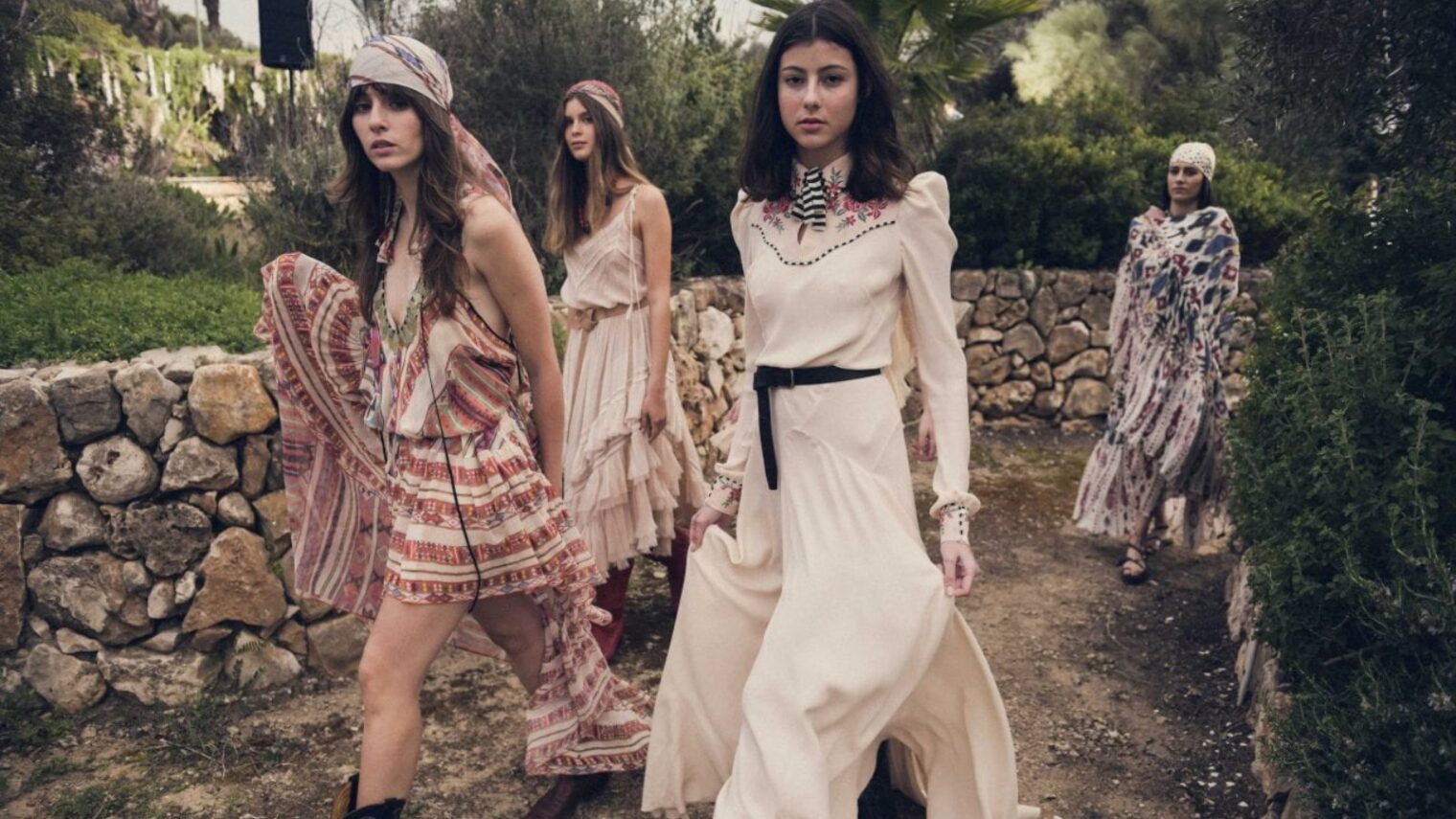In July 1969, American astronauts landed on the Moon and Israel landed on the cover of the fashion magazine Vogue under the banner “Big Fashion Manna Coming from Israel.”
Back then, Israel was getting global recognition for its fashion brands such as Maskit, Gottex and Beged-Or.
Until the 1990s, tens of thousands of employees worked in Israel’s textile industry, many of them from peripheral areas for whom these jobs provided a chance for improving their life circumstances.
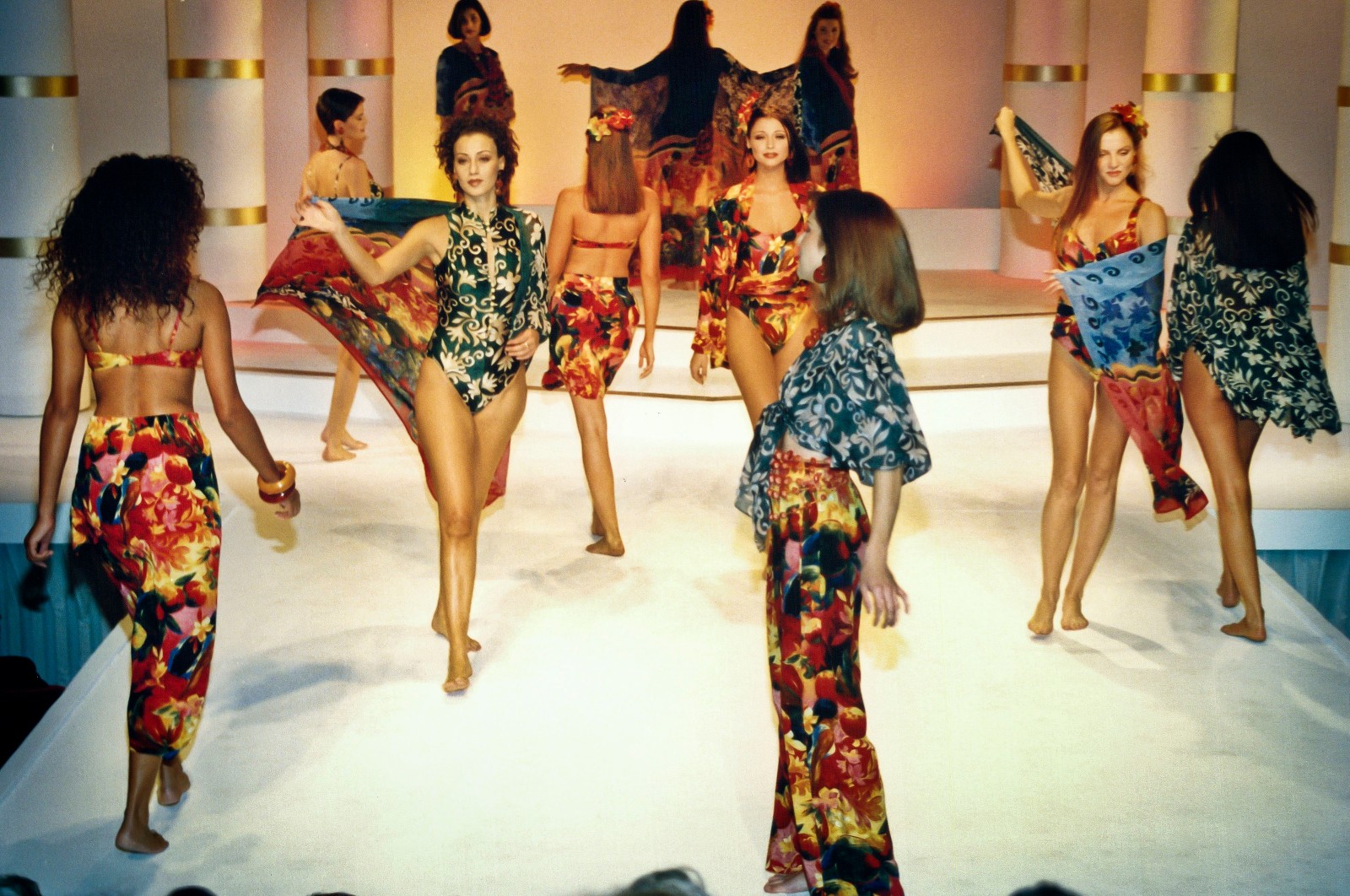
Over 50 years after, Israel still celebrates its unique fashion DNA. From March 28 through April 1, you can view Kornit Fashion Week Tel Aviv 2021 online (or on Channel 13 TV in Israel).
For the past 10 years, Tel Aviv Fashion Week has championed inclusivity with models of every age, size, skin color and gender orientation.
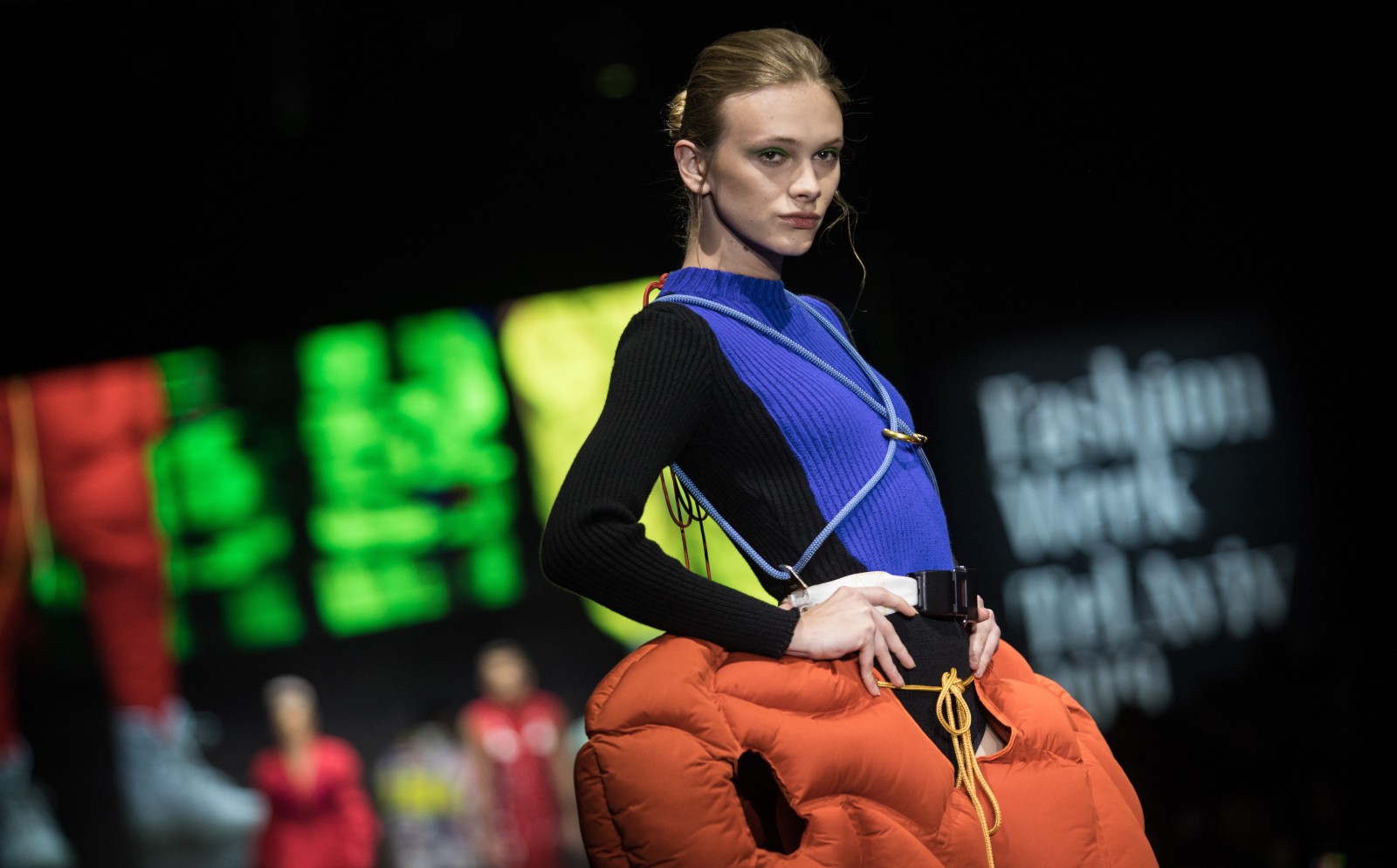
This year, Kornit Digital, a worldwide market leader in digital textile printing technology, is collaborating with Tel Aviv Fashion Week founder Motty Reif to produce an event focusing on sustainability and technology in the startup nation.
Israel’s fashion industry at a glance
What does Israeli fashion look like today?
Let’s start with the not-so-good news: With the arrival of fast fashion from abroad and the decrease of government support to the textile industry, jobs in this sector decreased 82 percent between 1990 and 2007, from 49,000 to only 9,0000 jobs.
Israelis have also learned to buy online from cheaper places around the globe, leading to an increase of 325% in imported clothes and footwear between 1999 and 2017. And there was a decrease in importing fabrics and threads, according to the Knesset Research and Information Center Report in October 2018.
Now add to these already not great conditions the small market that designers are fighting to get their share in, and the recent year of Covid when stores were closed for long periods of time, and you’ll get a gloomy picture.
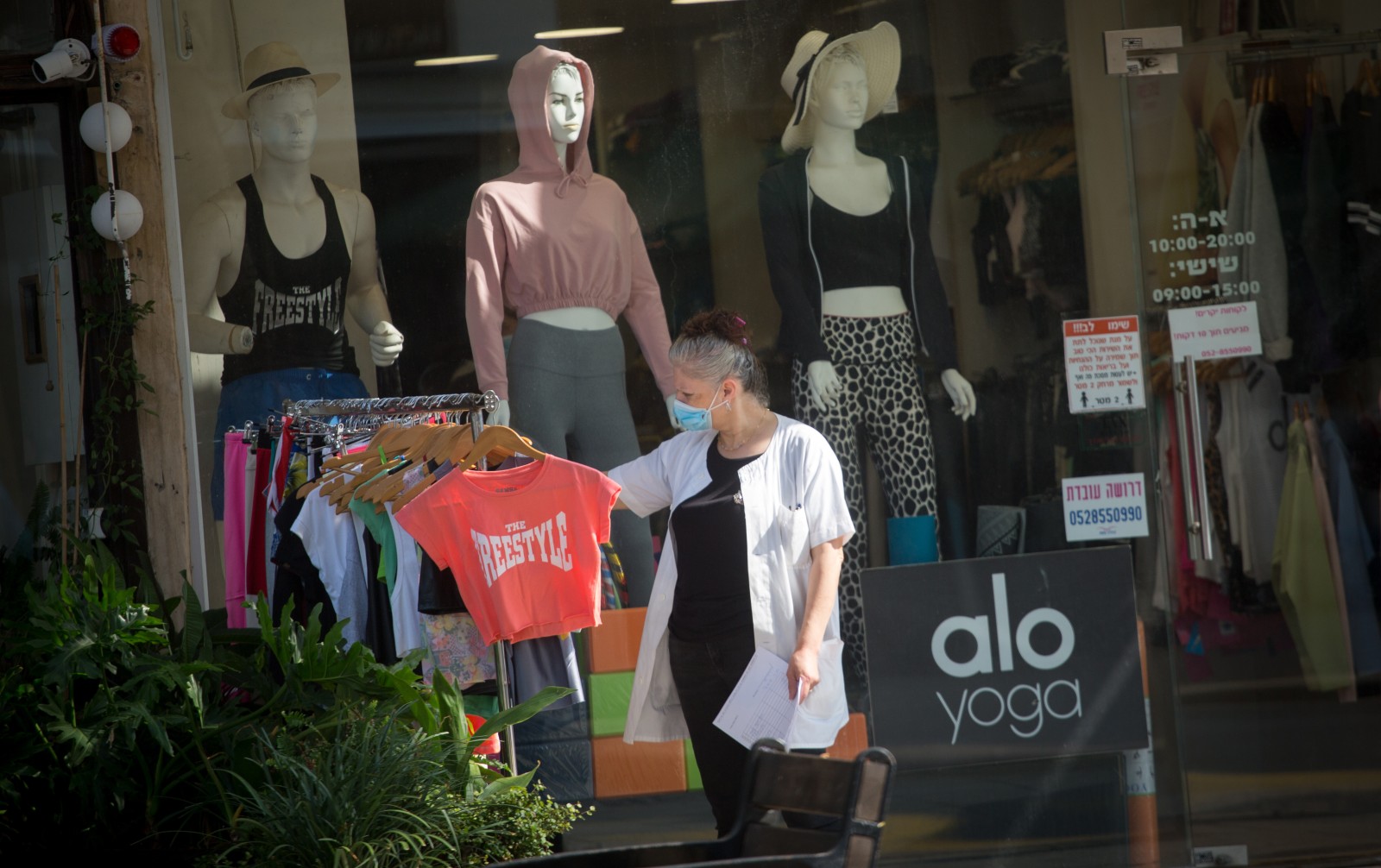
But there is still a place for optimism.
Israelis adapt well to new situations. They are creative and think outside the box. We see this also in the fashion industry.
Prior to Covid, Israeli designers and brands were behind many of their fellow international designers who had e-commerce sites and knew how to run an online business. In the past year, most Israeli designers started online sales or learned how to sell through social media.
In terms of the collections, we saw designers inspired by Covid.
Maor Zabar, for instance, created a Covid hat collection.

Michal Mangisto from Akal made a white button-down shirt that warned “Stay away 2M [2 meters]” and designers such as Nadav Rosenberg for Northern Star matched designed facemasks to his existing collection.
It seems that the Israeli customer is also much more willing to spend on Israeli products to support the local industry. Fashion tours exploring designers’ studios are becoming a big hit as local tourism grows.
Fashion in the Startup Nation
A few aspects differentiate Israeli fashion even in these difficult days:
- Casual look and bridal gowns
Israeli fashion is very casual. Israelis want to feel comfortable in their clothes. The weather is a great contributor to that, but it is also part of the Israeli personality that is not formal in any way.

During Covid, we saw around the globe the need for just such an approach to clothing. And Israeli brands such as ATA, Twotone and the Co.Co collective showed how to do it right.
On the other end of the spectrum, Israeli bridal couture has become famous everywhere thanks to its unique voice. Unlike other countries’ more conservative classy clean bridal gowns, Israel’s gowns are characterized by plunging necklines, details, lace, a play with transparency, a combination of different styles and the quality of materials.
There are not a lot of gala events or cocktail parties in Israel. A red carpet is something you see on E channel but has nothing to do with the everyday Israeli.
Evening gowns almost have no use in our country, and the only time that a woman can legitimately look overdressed and yet cool is on her wedding day. That is one of the reasons that most haute couture designers in Israel are bridal designers first, eveningwear designers second.
- Lack of resources brings creativity
What Israel lacks in natural resources we make up for in creativity, and thanks to this creativity new materials are born.
In the late 1960s, Israeli designer Rozi ben Yosef made clothes from the same fabric used for hand towels, which she upgraded by adding colorful stripes. Today, Ilanit Neutra is using tires and tubes, KitePride is using repurposed kites and startups such as Remeant are creating textiles from plastic waste.
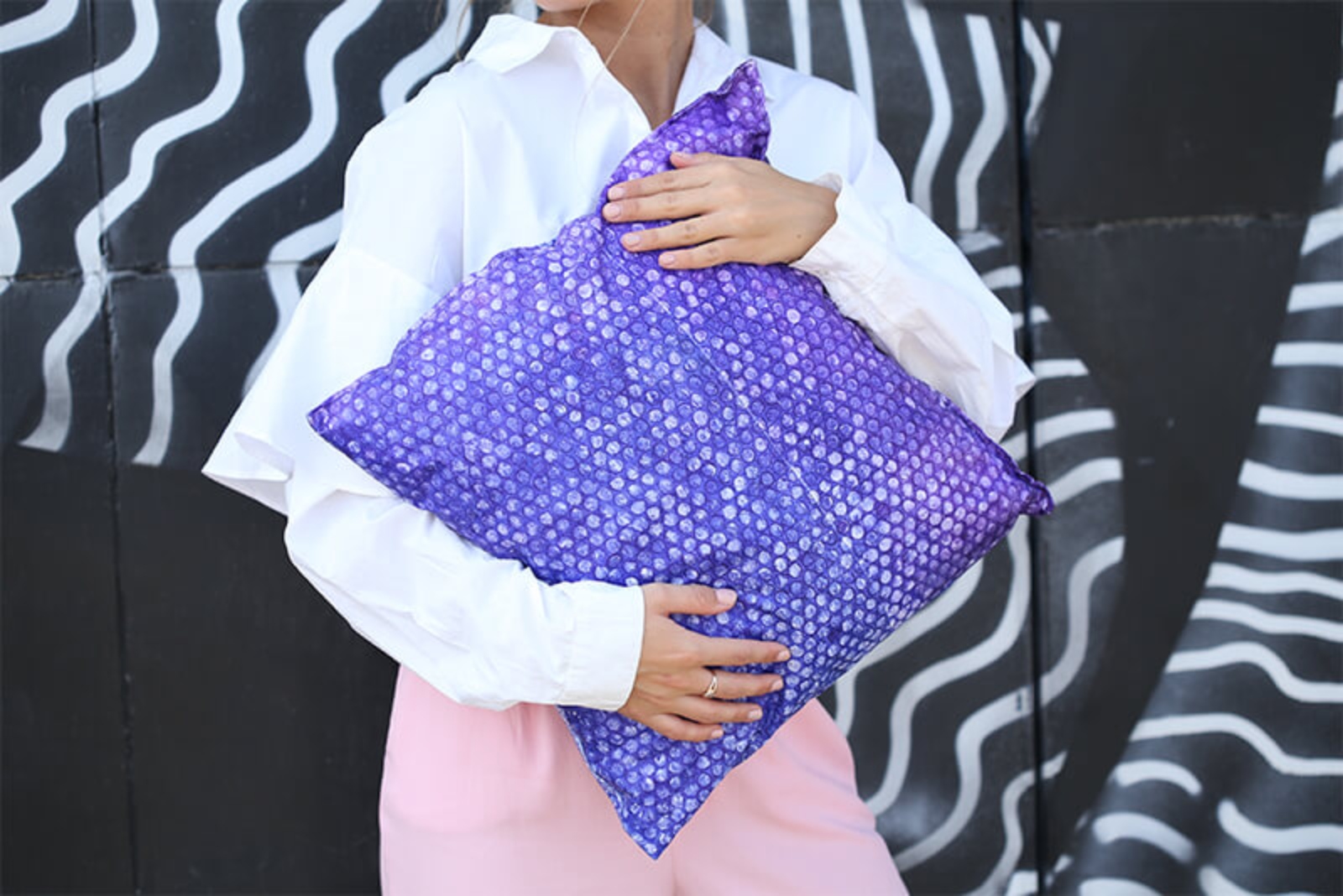
- The Startup Nation
Israeli technology is well known internationally and it’s also very much part of the fashion and retail world.
We see designers using 3D printers to create beautiful products such as the collaboration between drag queen Nona Chalant and jeweler Yaron Shmerkin resulting in See- Horse sunglasses printed with 3D technology.
Danit Peleg is another example of Israeli designer creating clothes with 3D printers. She leads workshops to teach others how to use the technology.
In terms of Israeli fash-tech, startups Zeekit and Donde are well-known and Covid made their services even more appealing to brands struggling with online sales.
Awakening inspiration
One of the great things about having Kornit Fashion Week Tel Aviv during Covid is that it gives some hope to the designers who were a bit sleepy during Covid. It will awaken their inspiration and force them to create again.
And since this year the entire event is going to be on local TV, Israeli potential customers will have the opportunity to explore the fashion scene that was always under their nose.
Liraz Cohen is founder and head of Fashionating by Liri, a social business whose mission is to bring Israeli fashion to the fore and empower Israeli fashion designers, brands, and companies while telling Israel’s story through the new and unique perspective of fashion.




